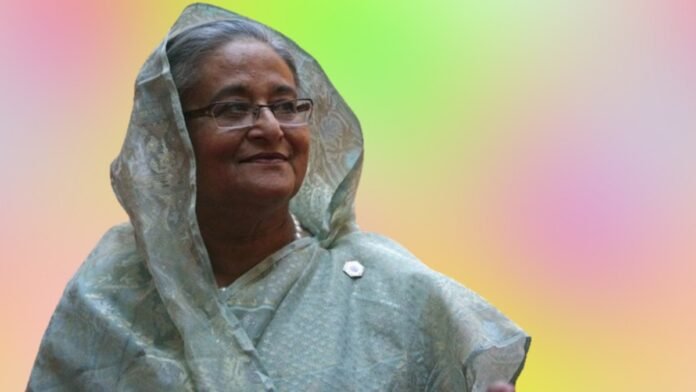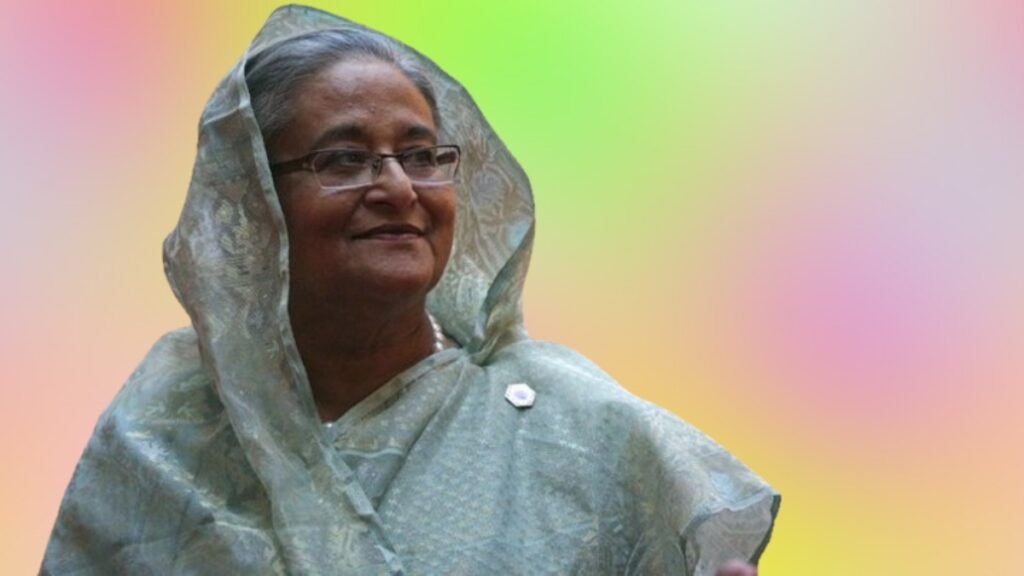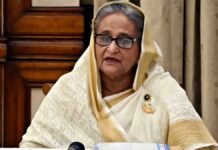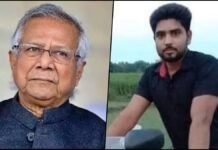
Key Points
- India’s Visa Extension: India has extended the visa of former Bangladesh Prime Minister Sheikh Hasina, who fled to India following her ouster in 2024.
- Extradition Demands: Bangladesh’s interim government is pressuring India to extradite Hasina, citing arrest warrants for alleged crimes against humanity.
- Passport Revocation: Bangladesh authorities have canceled passports of 96 individuals, including Hasina, citing their involvement in enforced disappearances and killings.
- ICT Deadline: Bangladesh’s International Crimes Tribunal (ICT) has set a February 12 deadline for Hasina and others implicated in these cases to be brought to justice.
- Diplomatic Tensions: The Yusuf government has issued a formal diplomatic note urging India to hand over the former Prime Minister.
New Delhi: India has extended the visa of former Bangladesh Prime Minister Sheikh Hasina amid escalating calls for her extradition from Dhaka. The move comes in the wake of intensified diplomatic and political tensions, as Bangladesh’s interim government accuses Hasina and her associates of severe human rights violations.
Sheikh Hasina, 77, has been residing in India since August 5, 2024, after fleeing Bangladesh. Her escape followed a student-led uprising that ended her Awami League’s 16-year rule, a regime marked by increasing allegations of authoritarianism and corruption.
Accusations of Genocide and Crimes Against Humanity
The Bangladesh International Crimes Tribunal (ICT) has issued arrest warrants for Sheikh Hasina, along with several former Cabinet ministers, advisers, and officials, accusing them of involvement in “crimes against humanity and genocide.” The charges stem from alleged enforced disappearances and killings during her administration.
ICT has given a deadline of February 12 for Hasina and others to face justice, escalating pressure on India to respond to Dhaka’s extradition request.
Diplomatic Notes and Passport Revocations
Last month, the interim Yusuf government sent a formal diplomatic note to New Delhi, requesting the extradition of the deposed Prime Minister. Adding to the pressure, Bangladesh’s Passports Department revoked Hasina’s passport, along with those of 96 other individuals linked to alleged atrocities.
Speaking at a press briefing, Chief Adviser’s Deputy Press Secretary Abul Kalam Azad Majumder confirmed the cancellations. “The Passports Department canceled passports of 22 individuals involved in enforced disappearances and 75 others, including Sheikh Hasina, for their role in the July killings,” he stated. However, the government has withheld the names of several others implicated in these cases.
The Fallout of a Regime Toppled
Hasina’s departure from Bangladesh marked the end of her 16-year tenure, which culminated in a massive student uprising demanding democratic reforms and justice for alleged state-sponsored crimes. The protests, fueled by frustration over economic disparity, corruption, and human rights abuses, forced the Awami League out of power in July 2024.
The interim government, led by Chief Adviser Yusuf Ahmed, has since focused on addressing past grievances and pursuing justice for alleged crimes committed during Hasina’s administration.
India’s Balancing Act
India’s decision to extend Hasina’s visa reflects its delicate diplomatic balancing act. On one hand, New Delhi has maintained cordial ties with the Awami League under Hasina’s leadership, but on the other, it faces growing pressure from Dhaka to facilitate her extradition.
India has yet to issue a formal response to the Yusuf government’s diplomatic note, and it remains unclear how the situation will unfold as the February 12 deadline approaches.

What Lies Ahead?
As Bangladesh pursues legal action against its former Prime Minister, the spotlight remains on India’s response to mounting extradition demands. Hasina’s case underscores the complexities of regional diplomacy and the challenges of addressing allegations of state-led atrocities.
With the clock ticking on the ICT’s deadline, the next steps taken by both India and Bangladesh could reshape the region’s political and diplomatic landscape.



















































